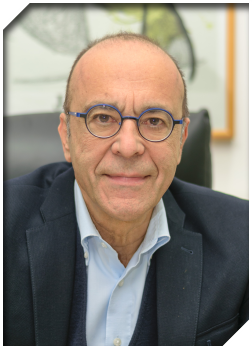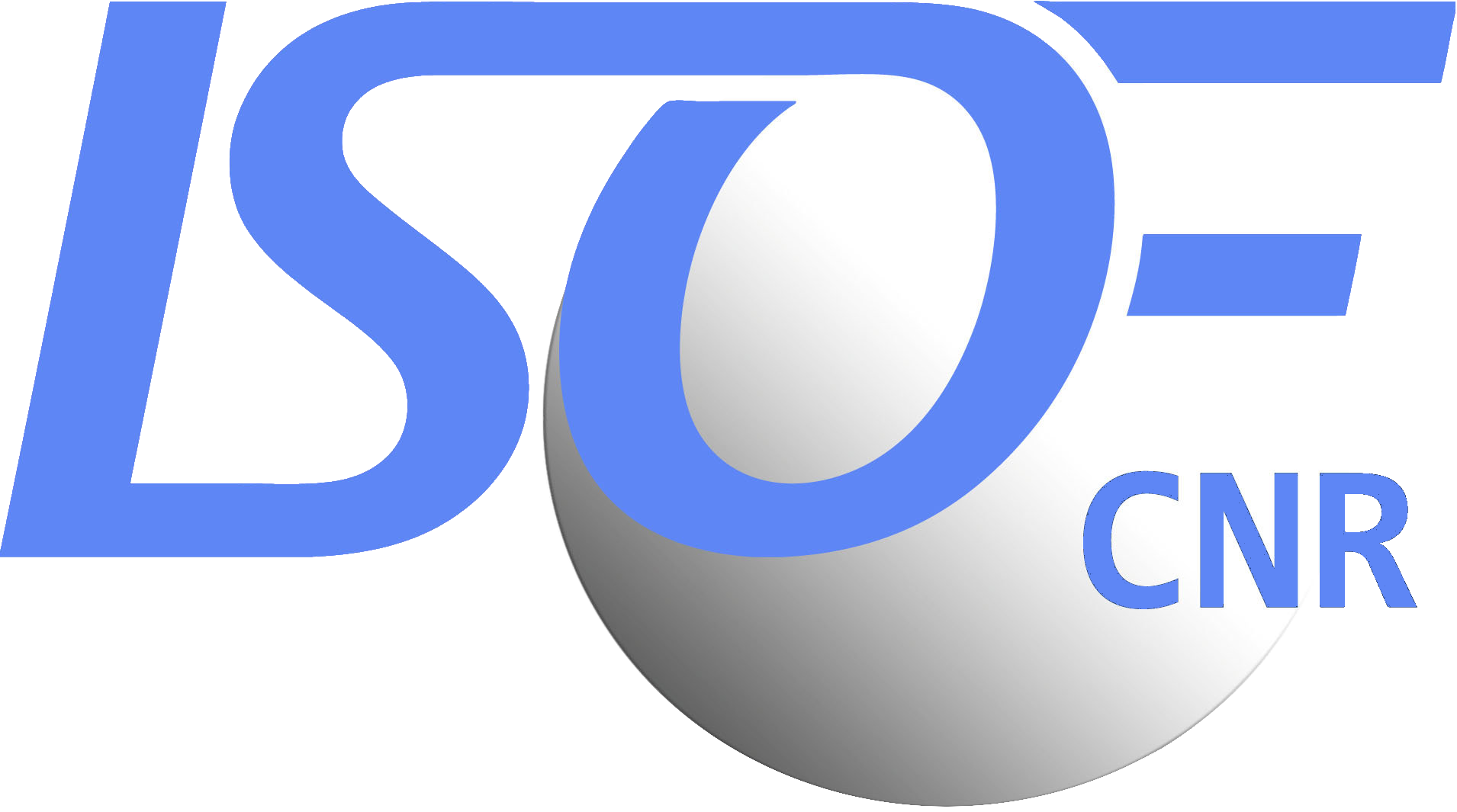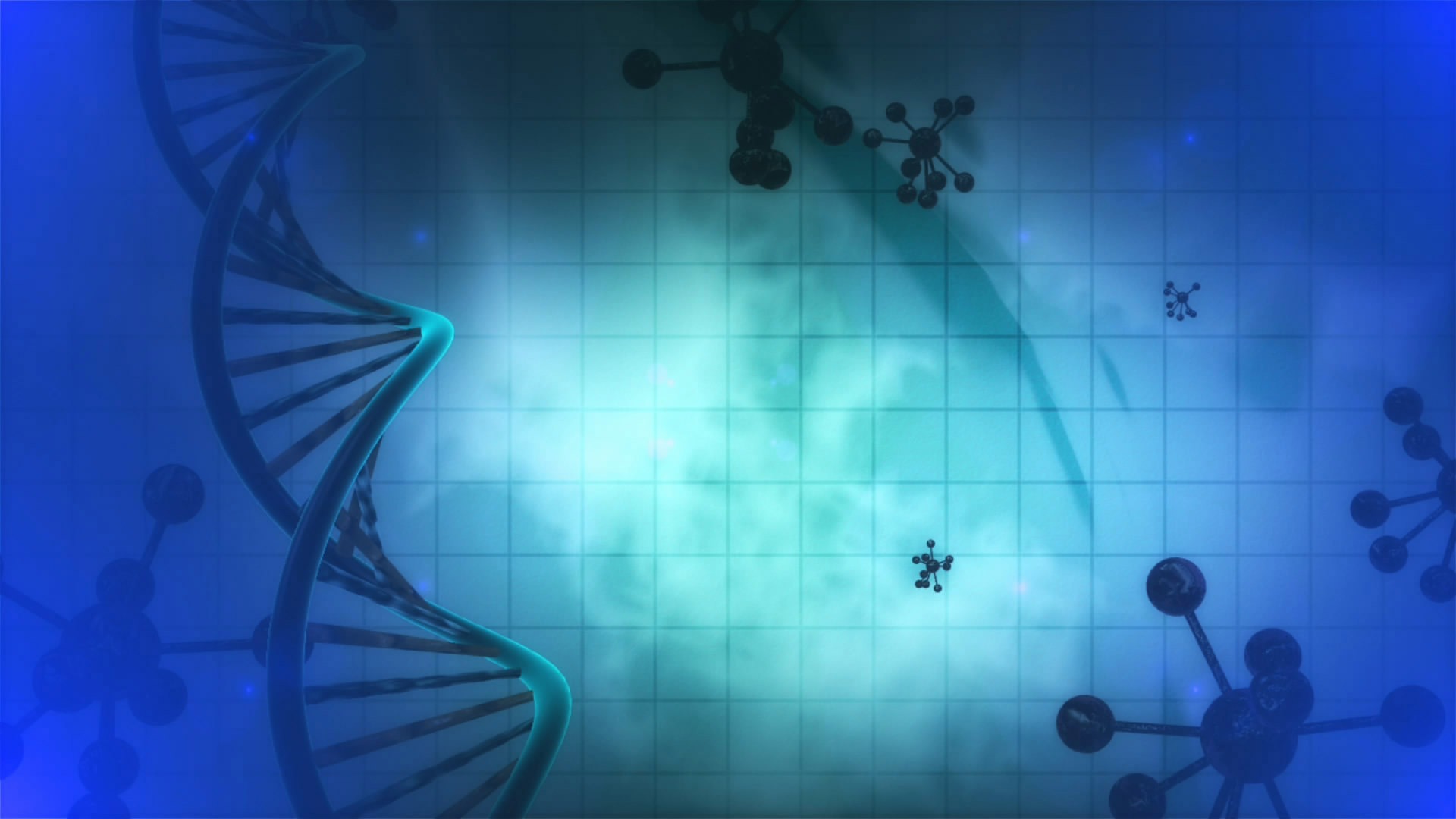
This year the European Research Council reached a major milestone since its creation in 2007: a total of 10000 research grants have been awarded to top researchers all over the world. Most of these grants concern ambitious –curiosity driven- ideas which in the long run should have a profound impact on new scientific ventures, technological developments and societal issues. As a previous ERC grantee of 2 grants (Advanced and Proof-of-Concept) and a member of the PE8 engineering evaluation panel over the last few years, I shall try in this coffeetalk@isof.it to present my personal viewpoint as to what is meant by a high risk/ high gain proposal. Examples from my own failures vs successes in grasping this rather elusive motto will be presented. Furthermore a few tips as to how one should present his/ her track record, will be touched upon, just before the last drops of coffee are sipped away.
Costas Galiotis is a Professor at the Chem. Eng. Dept. of Univ. of Patras and Collaborating Faculty Member of the Institute of Chemical Engineering Sciences of FORTH (FORTH/ ICE-HT). He graduated from University of Athens and received his PhD from the University of London (Queen Mary College). He moved to Greece in 1997 as a Research Director of FORTH/ ICE-HT and was appointed Professor at the Univ. of Patras in 2002. Since 2017 he serves in the Executives Boards of HFRI (Greece) and the Graphene Flagship (EU). He has served in all majors Evaluation Panels (ERC, INFRAIA, Teaming, Marie-Curie, SME etc) and has led the National (Greek) Representation in the NMBP-PC. His current research interests are in the areas of 2D materials (processing, nano/ micro-mechanics) and composites. He has published approx. 400 papers, chapters, reviews etc which have been cited > 18000 times (GS). He is the Editor-in-Chief of ‘Graphene and 2D Materials Technology’ (Springer- Nature) and is in the Editorial Boards of Sci.Rep. and the IMR (Taylor & Francis). He is a Fellow of EURASC and of IOM3. He is recipient of the ‘Aristeion in the Physical Sciences’ (2019) which is the highest scientific honour in Greece conferred by the Academy of Athens.


